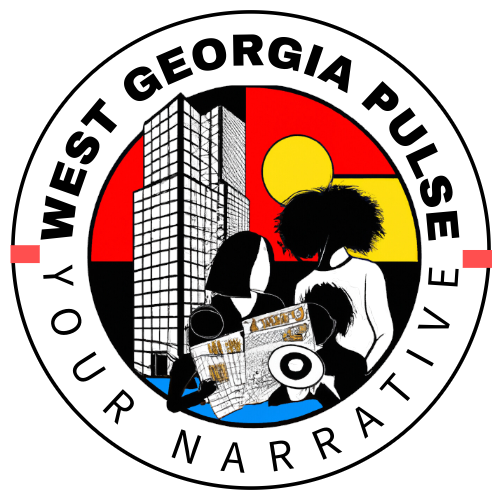By D.Moss
When Captain Ibrahim Traoré seized power in Burkina Faso in 2022, much of the West reacted with polite indifference. But indifference has turned to condemnation. Now, the same headlines that once ignored his rise are filled with damning reports, allegations of civilian killings, and grave pronouncements from human rights watchdogs. The timing is no coincidence. When African leaders challenge the geopolitical order, they are rarely met with silence for long.
To understand what is happening to Ibrahim Traoré, one must revisit a dangerous legacy—the legacy of African defiance. Consider Thomas Sankara, Burkina Faso’s own revolutionary son, who nationalized land, rejected foreign debt, and refused to bow to French neocolonial control. He was assassinated in 1987 under murky circumstances that conveniently paved the way for a more Western-aligned regime. Patrice Lumumba in the Congo met a similar fate in 1961, just months after appealing to the Soviet Union for support when the West moved to sabotage his country’s independence. And Kwame Nkrumah, Ghana’s first president and a founding father of Pan-Africanism, was overthrown in a CIA-supported coup in 1966 after denouncing U.S. imperialism and attempting to build a united Africa.
The lesson across time is brutally clear: when African leaders step outside the lines drawn for them, they are swiftly recast as threats to democracy, stability, and human rights—even when those same leaders rose to power on the wave of popular will and anti-colonial aspiration.
Traoré has refused to be a proxy. He expelled French troops, dismissed foreign-backed military agreements, and has spoken openly about reimagining Burkina Faso’s sovereignty on its own terms. These are not the actions of a dictator craving power, but of a young leader attempting to break a cycle that has kept his nation dependent, vulnerable, and poor.
And now, predictably, comes the reckoning.
Human Rights Watch and international media have reported that at least 100 civilians were killed by government forces near Solenzo in March. If true, these are grave and heartbreaking losses that deserve impartial investigation and justice. But the selective outrage and timing should raise eyebrows. Where was this same attention when French-backed regimes across West Africa committed atrocities with foreign funding and silence from Western pressrooms? Where is it now in countries that remain loyal clients of the global North?
The point is not to excuse human rights violations. It is to recognize how reports of those violations are weaponized selectively—used not to protect life, but to undermine governments that no longer align with strategic interests. In the age of information warfare, media narratives are rarely neutral. They often arrive dressed in the language of justice while serving the logic of control.
To demonize Traoré without examining this context is to fall into a familiar trap. It is the same trap that justified the murder of Lumumba, the silence around Sankara’s assassination, and the sabotage of Nkrumah’s vision of a sovereign Africa.
The question we should ask is not whether Traoré is perfect—no leader is—but whether he is being targeted for the same reason others were before him. Because he dared to act like Burkina Faso belongs to its people, not to the institutions and nations that have long treated Africa as a chessboard.
The world doesn’t need another African villain in Western headlines. It needs a sober reckoning with why so many African heroes have been buried under them.




